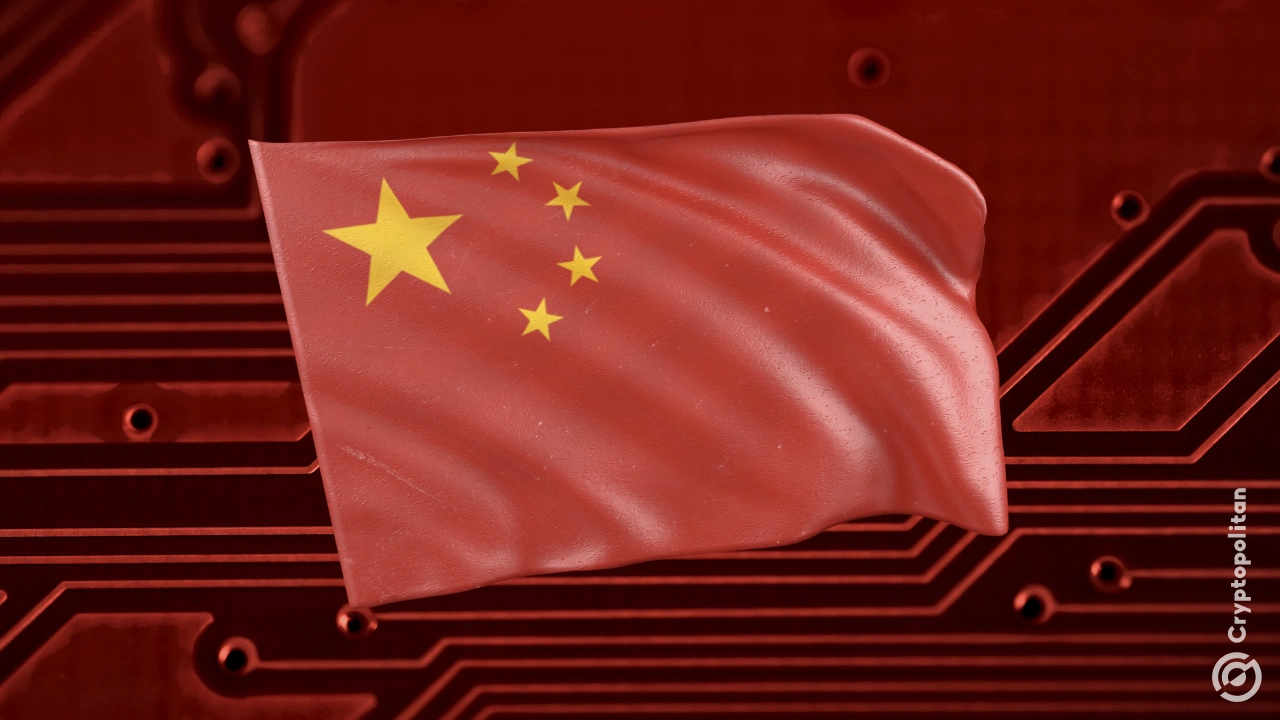China has issued guidance ordering state-funded data center projects to use domestically produced artificial intelligence chips and to remove foreign chips from projects that are still in the early stages.
Lawmakers issued this order to ensure that it controls the important technology used for its major computing projects. The directive applies to AI accelerators used for model training and inference, and officials have already flagged high-end products from companies such as Nvidia, AMD, and Intel.
Beijing tells new data centers to stop using chips made by foreign companies
Chinese regulators want data centers funded by government money to use only AI chips made in the country. Centers that are less than 30% finished must also remove any foreign chips they have already installed and cancel future orders. Companies must adjust their plans, even if they have already invested in foreign chips.
However, suppose a project is over 30% complete. In that case, regulators will scrutinize it to determine if the chips can be left temporarily, especially if removing them would cause significant delays or incur high costs. However, these companies aren’t exempted permanently, as they must still switch to Chinese-made chips in the next upgrade.
U.S. chipmakers, such as Nvidia, AMD, and Intel, will lose access to a significant portion of the Chinese market, particularly in public projects where they have sold numerous advanced chips in the past. On the other hand, companies such as Huawei and newer chip startups like Cambricon, MetaX, Moore Threads, and Enflame will profit from this new rule, as they will be the primary local suppliers.
The U.S. and China rivalry over AI chips deepens
The U.S. government wants to prevent China from advancing its military systems and improving surveillance, so they limited the types of chips American companies can sell to the Asian country.
The U.S. knows China can build very large and powerful AI models with the right chips, so regulators said only weaker versions of Nvidia chips with the lowest speed can be shipped out of the country.
However, there is no such limitation now as the Chinese government has prohibited the use of foreign chips and is instead focusing on creating its own supply domestically.
Nvidia once controlled almost the entire market for AI training chips in China because its chips are fast, widely used, and supported by software that engineers were familiar with.
However, the chipmaker now has almost no remaining share in public projects due to the new Chinese ban on foreign chips. Switching to local chips is slow and expensive because engineers are already accustomed to Nvidia chips. Hence, they require additional training, testing, and time to rewrite programs to work smoothly on the new local hardware.
China is also struggling to make the most powerful chips because the U.S. has also blocked the Asian country from buying the most advanced machines needed to produce high-end semiconductors for the chips. Even if China develops strong chips, it will be challenging to mass-produce them at extremely high performance levels.
At the same time, major tech companies in the U.S., such as Microsoft, Meta, Amazon, Google, and OpenAI, are building data centers using Nvidia’s most advanced chips. These giants are investing a lot of money to expand the country’s computing power and widen the gap in AI with China.
Want your project in front of crypto’s top minds? Feature it in our next industry report, where data meets impact.
This articles is written by : Nermeen Nabil Khear Abdelmalak
All rights reserved to : USAGOLDMIES . www.usagoldmines.com
You can Enjoy surfing our website categories and read more content in many fields you may like .
Why USAGoldMines ?
USAGoldMines is a comprehensive website offering the latest in financial, crypto, and technical news. With specialized sections for each category, it provides readers with up-to-date market insights, investment trends, and technological advancements, making it a valuable resource for investors and enthusiasts in the fast-paced financial world.
